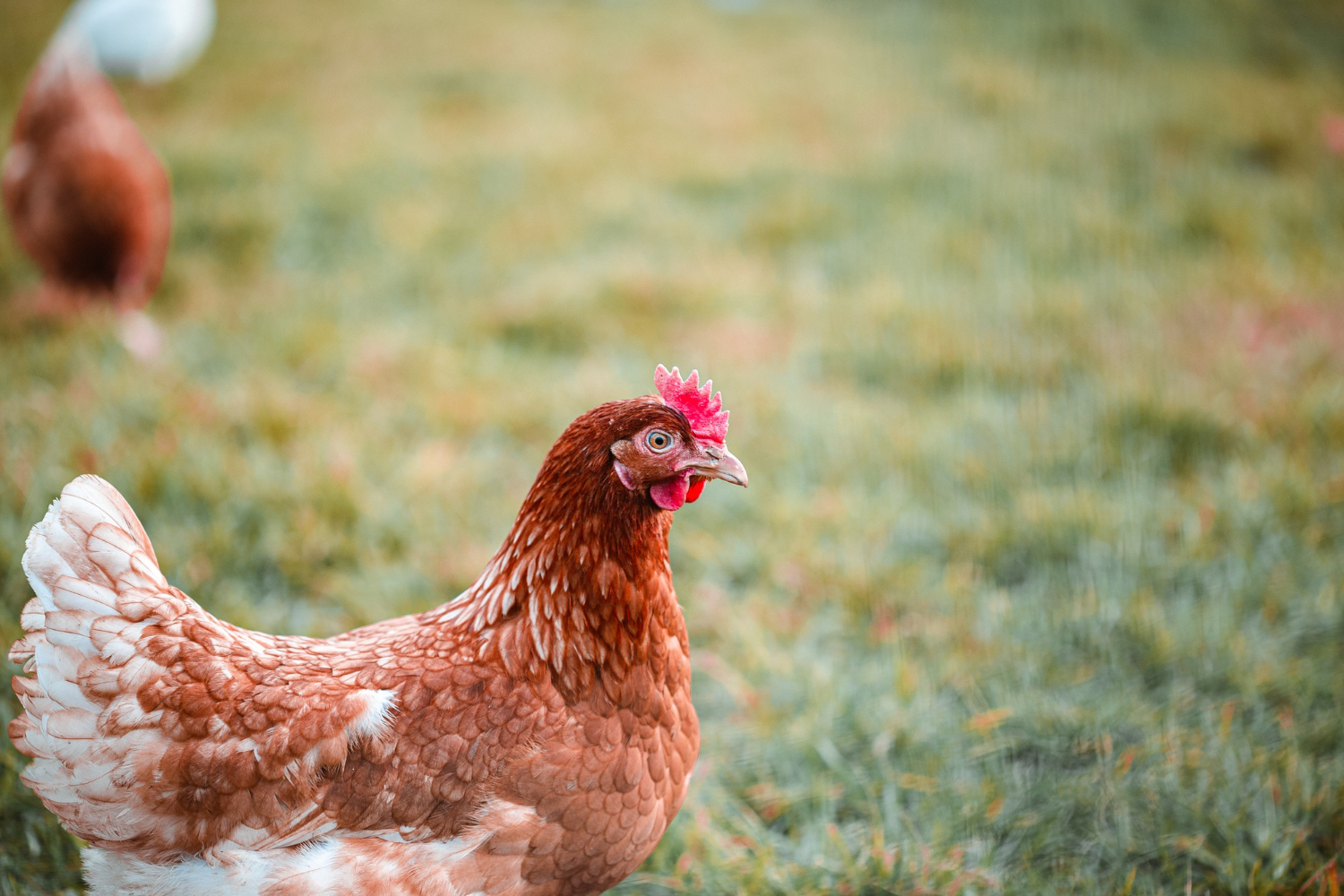Introduction:
In the realm of classic jokes, there is one riddle that has captivated audiences for generations: “Why did the chicken cross the road?” Despite its simplicity, this timeless question continues to provoke laughter and intrigue.
Delving into the depths of this seemingly trivial matter reveals a multitude of perspectives and interpretations, highlighting the complexities of human curiosity and the enigmatic nature of humor itself.
The Historical Context:
To fully appreciate the profundity of the question, we must understand its historical context. The origins of the joke can be traced back to the mid-19th century when it appeared in various forms across different cultures.
However, it gained widespread popularity in the 20th century, emerging as a staple in comedy routines and playground banter. Its enduring appeal lies in its simplicity, allowing for endless variations and adaptability to different social contexts.
The Literal Interpretation:
At its most basic level, the riddle can be interpreted literally, with the chicken crossing the road simply to reach the other side. This interpretation emphasizes the absurdity of the question, playing on the expectation of a profound answer where none exists. It serves as a reminder of the inherently human inclination to seek meaning even in the most mundane situations.
Metaphorical and Symbolic Connotations:
Beyond the literal interpretation, the chicken’s journey across the road has been imbued with metaphorical and symbolic connotations. One interpretation suggests that the chicken symbolizes a person taking risks or embarking on a new path in life.
Crossing the road becomes a metaphor for stepping outside one’s comfort zone, embracing change, and facing the unknown. This interpretation resonates with the human experience of personal growth and exploration.
Philosophical and Existential Dimensions:
On a deeper level, the chicken’s quest can be seen as an existential inquiry into the nature of existence itself. The road represents the boundaries and limitations of the familiar, while the other side symbolizes the unknown, enticing the chicken to venture into uncharted territory. This philosophical interpretation raises profound questions about free will, purpose, and the search for meaning in life.
Cultural and Societal Perspectives:
The chicken’s crossing also reflects cultural and societal perspectives. In some cultures, chickens are considered symbols of fertility, luck, or renewal, adding layers of meaning to the joke. From a societal standpoint, the chicken’s action can be seen as an act of rebellion, breaking free from societal constraints and expectations. This interpretation resonates with the human desire for autonomy and independence.
Humor and Absurdity:
At its core, the riddle highlights the essence of humor and absurdity. The punchline lies not in the answer itself but in the anticipation and subversion of expectations. The simplicity of the question juxtaposed with the complexity of human thought and emotion elicits laughter by exposing the inherent contradictions and irrationalities of everyday life.
Conclusion:
The enduring appeal of the question “Why did the chicken cross the road?” lies in its ability to provoke thought and laughter simultaneously. It encompasses a range of interpretations, from the literal to the metaphorical, philosophical, and societal.
The joke’s timeless quality is a testament to the human need for humor, our capacity for introspection, and our perpetual search for meaning. So the next time you encounter this riddle, take a moment to appreciate the depth hidden within its seemingly simple facade.




